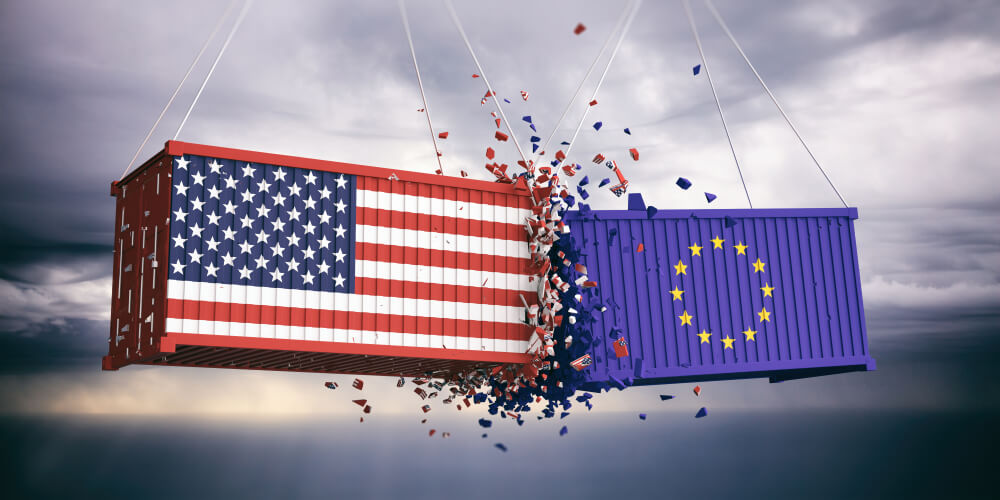The recent U.S. presidential election victory for Donald Trump has sparked concerns across the EU. The potential shifts in U.S. trade policies could significantly impact the European Union and Britain, both heavily reliant on their economic ties with the United States.
- Trade and Tariffs: Trump’s possible reintroduction of steep tariffs and alterations to trade agreements threaten major European industries, including automotive, pharmaceutical, and machinery sectors.
- Military Spending: European nations may need to increase military expenditures if Trump alters U.S. commitments to NATO, adding strain to national budgets.
- China Relations: Trump’s harsh stance towards China could complicate Europe’s trade relations, forcing the EU to navigate between the U.S. and China diplomatically.
Potential Impacts on Specific Sectors:
- Automotive Industry: The EU and UK automotive sectors could face significant challenges if Trump imposes tariffs. The U.S. is a crucial market for European car manufacturers.
- Pharmaceuticals: Changes in trade policies may also affect the pharmaceutical sector, particularly with increased costs and barriers to the U.S. market.
- Investment and Growth: The uncertainty surrounding Trump’s policies may deter investment and stifle economic growth in Europe.
- Geopolitical Shifts: Europe might have to reassess its geopolitical strategies, balancing relations with both the U.S. and China in a shifting global context.
The re-election of Donald Trump could reshape the economic and political landscape for Europe. With critical trade relationships at risk, European leaders must prepare for potential disruptions and consider strategic responses to safeguard their economies. The coming months will be crucial as policies unfold and Europe assesses the full scope of impacts from the U.S. presidential election results.










